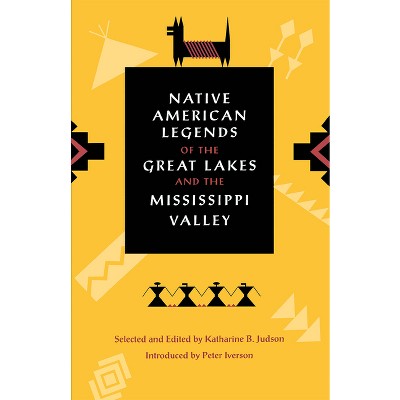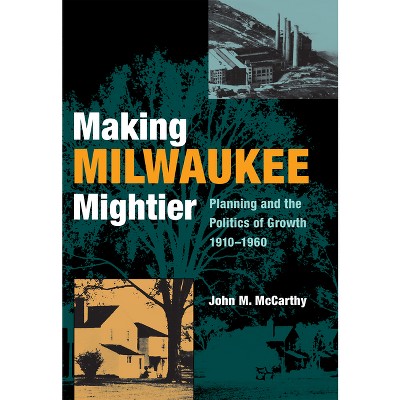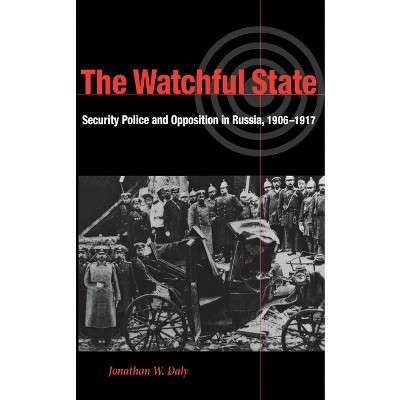About this item
Highlights
- Located in a region blessed by geology with nutrient-rich, lush, black soil, DeKalb County, Illinois, is known for its agricultural prosperity.
- About the Author: Eric Mogren is Associate Professor of History at Northern Illinois University and author of Warm Sand.
- 300 Pages
- Business + Money Management, Industries
Description
About the Book
Located in a region blessed by geology with nutrient rich, lush, black soil, DeKalb County, Illinois, is known for its agricultural prosperity. Here, in 1912, an enterprising group of successful farmers, businessmen, and bankers joined together to form an agricultural organization dedicated to improving crop production, the DeKalb County Soil Improvement Association. Aided by its capable farm advisor, William G. Eckhardt, this coalition evolved into the DeKalb County Farm Bureau--a new type of organization that soon proliferated throughout the United States, offering educational and farming services to rural communities.
One of the oldest in the United States, the DeKalb County Farm Bureau is also one of the most innovative and influential. Originating as a private soil improvement association, it grew to offer a wide variety of assistance to farmers, rural families, and the community. By the 1960s, the DeKalb County Farm Bureau had become such a strong organization that its leadership effectively lobbied in the U.S. Congress for legislation supporting agricultural interests. In the 1970s, it entered into the international agricultural commodity marketing business, shipping local grain to Europe and Asia. The history of this influential organization reflects the plight of American agriculture during the past century, from the early years of promise through two world wars and several economic crises. Historian Eric Mogren explains how one group of progressive farmers attempted to cope with the problems they faced as agriculture turned mechanized and productive farming required scientific and technological advances. Native Soil will be of interest to historians of agriculture and to those who have witnessed the positive effects of the farm bureau on the agrarian community.Book Synopsis
Located in a region blessed by geology with nutrient-rich, lush, black soil, DeKalb County, Illinois, is known for its agricultural prosperity. Here, in 1912, an enterprising group of successful farmers, businessmen, and bankers joined together to form an agricultural organization dedicated to improving crop production, the DeKalb County Soil Improvement Association. Aided by its capable farm advisor, William G. Eckhardt, this coalition evolved into the DeKalb County Farm Bureau--a new type of organization that soon proliferated throughout the United States, offering educational and farming services to rural communities.
One of the oldest in the United States, the DeKalb County Farm Bureau is also one of the most innovative and influential. Originating as a private soil improvement association, it grew to offer a wide variety of assistance to farmers, rural families, and the community. By the 1960s, the DeKalb County Farm Bureau had become such a strong organization that its leadership effectively lobbied in the U.S. Congress for legislation supporting agricultural interests. In the 1970s, it entered into the international agricultural commodity marketing business, shipping local grain to Europe and Asia.
The history of this influential organization reflects the plight of American agriculture during the past century, from the early years of promise through two world wars and several economic crises. Historian Eric Mogren explains how one group of progressive farmers attempted to cope with the problems they faced as agriculture turned mechanized and productive farming required scientific and technological advances. Native Soil will be of interest to historians of agriculture and to those who have witnessed the positive effects of the farm bureau on the agrarian community.
Review Quotes
Meticulously researched, lavishly illustrated and exceptionally well written.
-- "Agricultural History Review"Not to take the opportunity to read Eric Mogren's Native Soil is to make a significant error, particularly for agricultural historians, historians of the Midwest, and even generalist scholars of the American experience.
-- "THe annals of iowa"Refreshing... meticulousy researched and written in a way that allows the reader to watch the story unfold with a sense of immediacy. Native Soil is an important contribution to the history of both the Midwest and American agriculture.
-- "Journal of illinois history"About the Author
Eric Mogren is Associate Professor of History at Northern Illinois University and author of Warm Sand.












